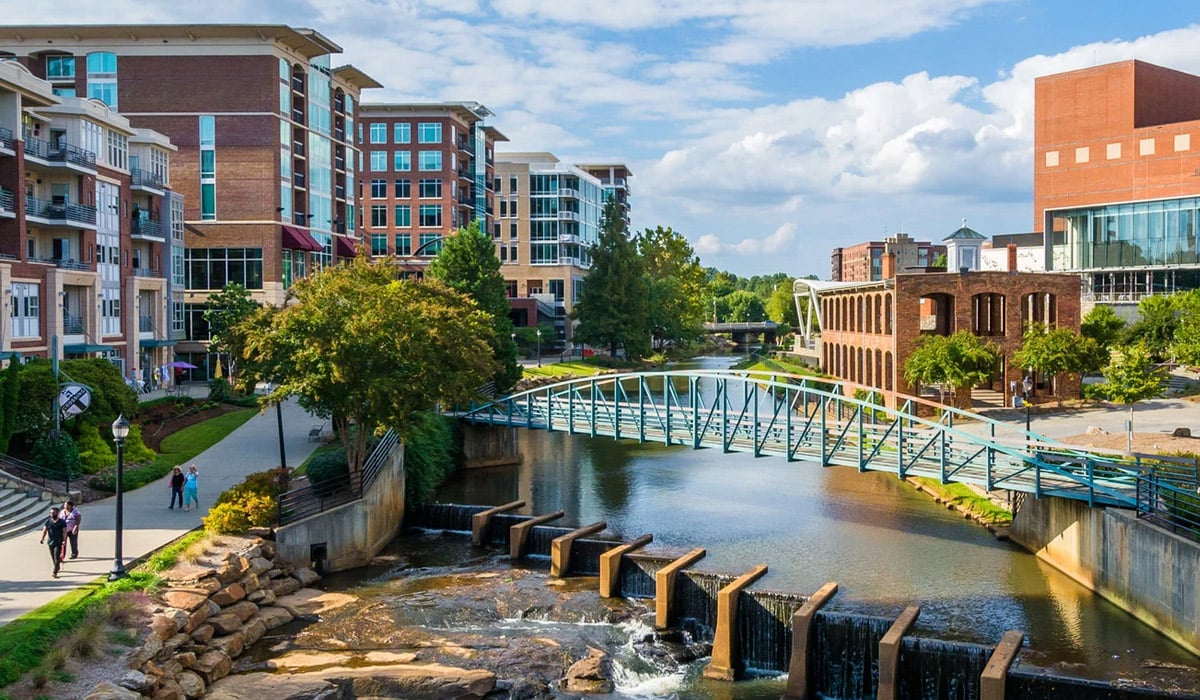If you're thinking of buying a house that could be more expensive than the average property in your area, you may need a jumbo loan. This is because mortgage lenders will typically only offer home buyers a certain amount of money through conventional home loans. So what's the magic number that means you'll have to get a jumbo loan instead of a conventional loan? Here's what you should know about jumbo loan limits:
Loan Limits for Jumbo Loans
The typical price for a house varies depending on location, so it makes sense for the jumbo loan limit to be a little different throughout the country. It also often changes from year to year. In general, the limit for 2017 is $424,100 in most counties. This means if you want to buy a house that costs this much or more, you need a jumbo loan. Note that there are just over 3,000 counties in the United States, and in 2,916 of them, the limit for now is $424,100.
Of course, in more expensive areas, it costs more to buy a house, which is why the jumbo loan limit is higher. For example, the limit is $493,350 in Denver, Colorado. However, the limit is $517,500 in Baltimore, Maryland. There are even some areas in the United States where the limit is higher. For instance, the limit in Los Angeles, New York City and San Francisco is $636,150. And in some areas—such as Hawaii, Guam, and US Virgin Islands—the limit can be as high as $721,050.
So if the house you want to buy is one of the most expensive homes in a low-cost area, you might be surprised to find you need a jumbo mortgage loan to buy it. And if you're looking at an affordable house in a typically more expensive area, you may be able to stick with a traditional loan.
Qualifying for a Jumbo Loan
Now that you know the jumbo loan limit, you should be able to tell if you need to apply for a jumbo loan. If so, you should keep in mind that it can be harder to qualify for this type of home loan than for others. After all, you're asking the lender to let you borrow more than the typical home buyer. For this reason, you may have to get two appraisals on the home instead of one, just to determine what it's worth.
Lenders may also be a bit stricter about your qualifications. Your credit score should be around 700 or above, and you should have at least 12 months' worth of reserves after closing on the home, with at least half of it liquid and quickly accessible to you. Additionally, your down payment may need to be higher than usual if you want a jumbo loan, as the minimum is typically 15 percent, unless you're willing to have a higher interest rate in exchange for a lower down payment.
At the same time, working hard to qualify for a jumbo loan is worth it if it enables you to get your dream home. If you have any questions about the current jumbo loan limit in your area or want to know which other home loans might be right for you, contact Contour Mortgage today.
















